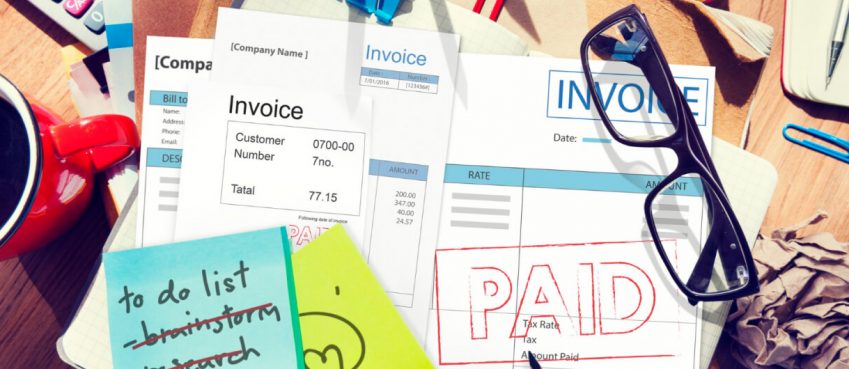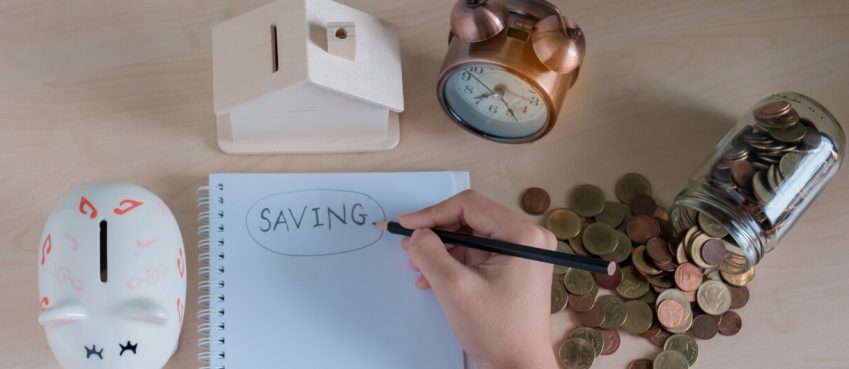
Investing in property is an excellent way to build wealth over the long term. It can provide steady income streams, capital gains, and tax advantages.
If you’re considering investing in property, you may be wondering how to get started with £100,000. In this article, we’ll explore how to invest £100k for maximum returns in property and the benefits and risks associated with each strategy.
Single-Let Residential Property
One of the most popular ways to invest in property is to purchase a single-let residential property.
A single-let residential property is a stand-alone dwelling that is designed to house one singular unit of people. Investing in a single-family home can provide you with several advantages.
Firstly, it provides a stable and predictable rental income. Secondly, it can appreciate over time, providing you with a source of long-term wealth creation. It also provides a tangible asset that you can touch and feel, which can give you a sense of security and control.
When buying a single-let home, you can either buy it outright or finance the purchase with a mortgage. Financing the purchase with a mortgage allows you to leverage your investment and increase your potential returns.
However, you need to ensure that you can afford the monthly mortgage payments and that you have enough funds to cover any repairs or maintenance costs.
Also read: Top 10 Programming Languages for Kids to learnMulti-Occupancy Property
Investing in multiple occupancy properties, such as an apartment building, can be a great way to diversify your property portfolio.
Multi-occupancy properties can provide you with a stable source of income as well as the potential for strong capital gains. Additionally, they offer economies of scale, which can help you reduce your expenses and increase your profits.
When investing in a multi-occupancy property, you need to ensure that you have a good understanding of the local rental market and the competition involved.
Additionally, you need to be prepared to deal with the complexities of managing multiple tenants and properties.
Holiday Lets
Investing in a holiday let can be an attractive option if you’re looking for a property that you can use for personal use as well as generating rental income.
A holiday rental property can provide you with higher rental income than a long-term rental property, especially during peak seasons.
Additionally, you can use the property for personal vacations and still generate income when you’re not using it.
When investing in a holiday let property, you need to ensure that the property is located in a popular tourist destination and that there is a high demand for holiday rentals.
Additionally, you need to be prepared to deal with the complexities of managing the property remotely or hire a property manager to take care of it for you.
Real Estate Investment Trust (REIT)
A real estate investment trust (REIT) is a company that owns, operates, or finances income-generating real estate properties.
Investing in a REIT can provide you with exposure to the real estate market without the hassle of owning and managing a property.
Additionally, REITs provide a stable source of income, as they are required by law to distribute at least 90% of their taxable income to shareholders.
When investing in a REIT, you need to ensure that you understand the company’s investment strategy and the types of properties it owns.
Additionally, you need to consider the fees associated with investing in a REIT, such as management fees and commissions.
Property Development
Investing in a fixer-upper property can be an excellent way to build wealth through sweat equity. A fixer-upper property is a property that requires significant repairs or renovations to make it habitable or increase its value.
By purchasing a fixer-upper property, you can buy a property at a lower price and increase its value through repairs and renovations.
However, house flipping can be risky, as there is no guarantee that you will be able to sell the property for a profit. Additionally, the costs of renovations can quickly add up, eating into your profits.
When flipping houses, it’s important to do your research and choose a property in a desirable location with strong resale potential.
You’ll also want to factor in the costs of repairs and renovations, as well as holding costs such as property taxes and mortgage payments.
Top 10 News
-
01
Top 10 Deep Learning Multimodal Models & Their Uses
Tuesday August 12, 2025
-
02
10 Google AI Mode Facts That Every SEOs Should Know (And Wha...
Friday July 4, 2025
-
03
Top 10 visionOS 26 Features & Announcement (With Video)
Thursday June 12, 2025
-
04
Top 10 Veo 3 AI Video Generators in 2025 (Compared & Te...
Tuesday June 10, 2025
-
05
Top 10 AI GPUs That Can Increase Work Productivity By 30% (W...
Wednesday May 28, 2025
-
06
[10 BEST] AI Influencer Generator Apps Trending Right Now
Monday March 17, 2025
-
07
The 10 Best Companies Providing Electric Fencing For Busines...
Tuesday March 11, 2025
-
08
Top 10 Social Security Fairness Act Benefits In 2025
Wednesday March 5, 2025
-
09
Top 10 AI Infrastructure Companies In The World
Tuesday February 11, 2025
-
10
What Are Top 10 Blood Thinners To Minimize Heart Disease?
Wednesday January 22, 2025







